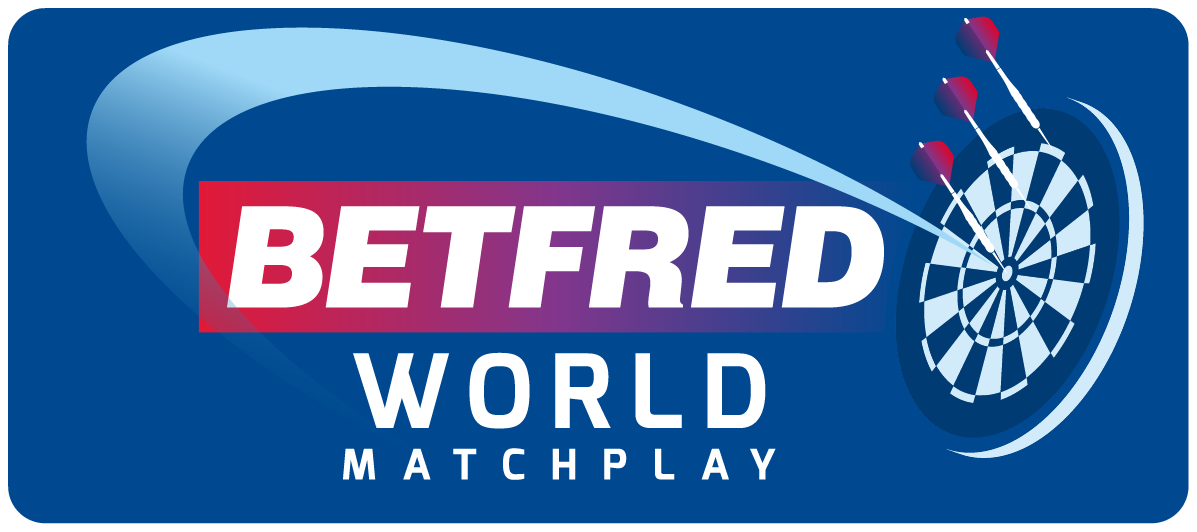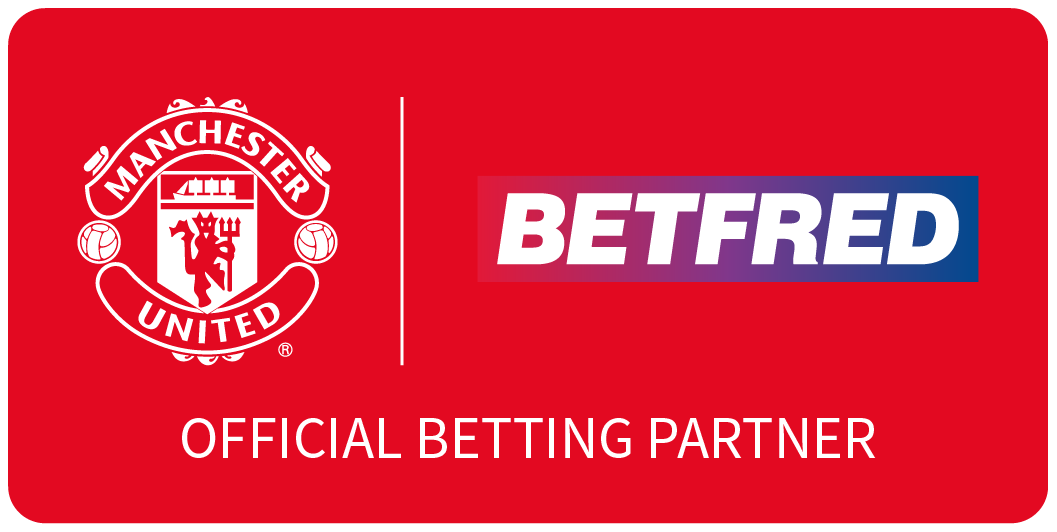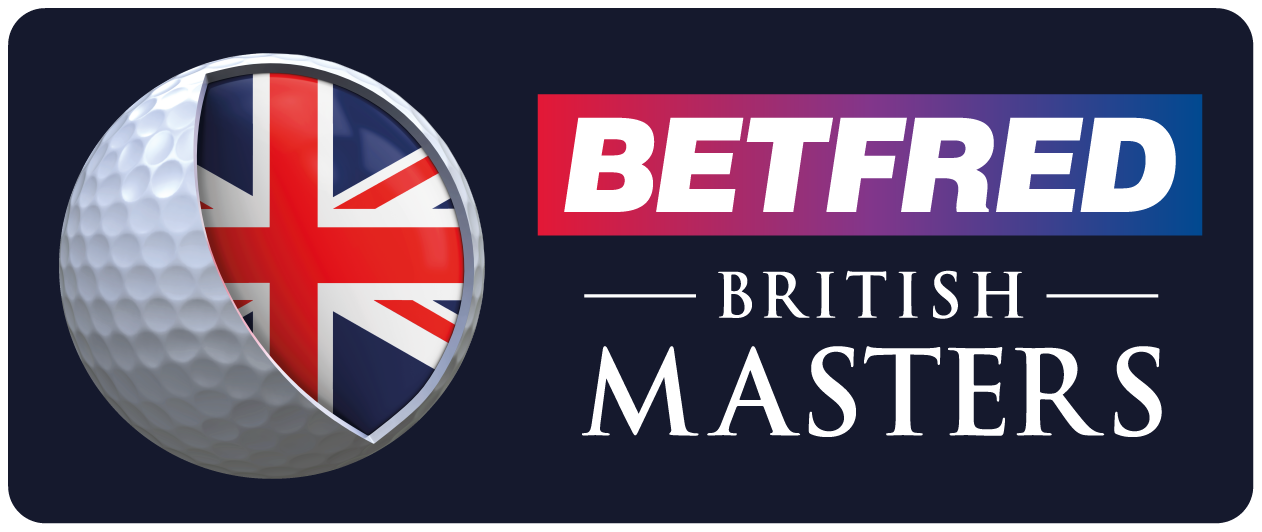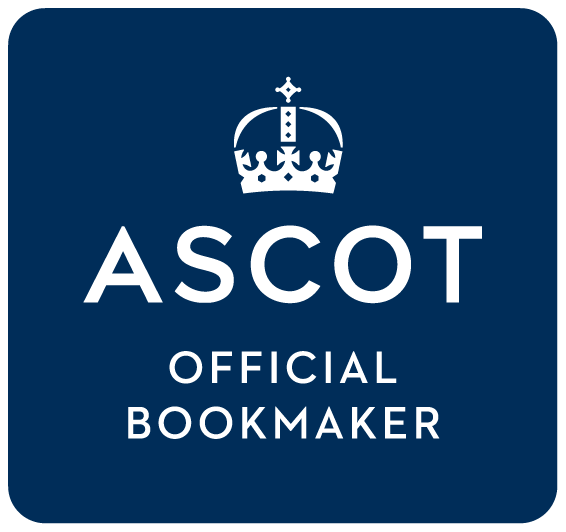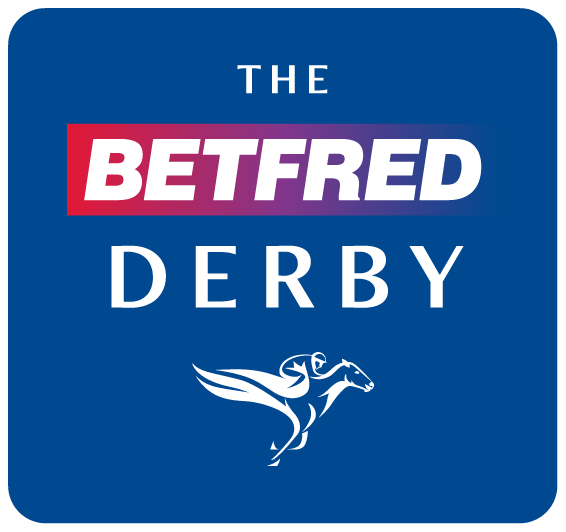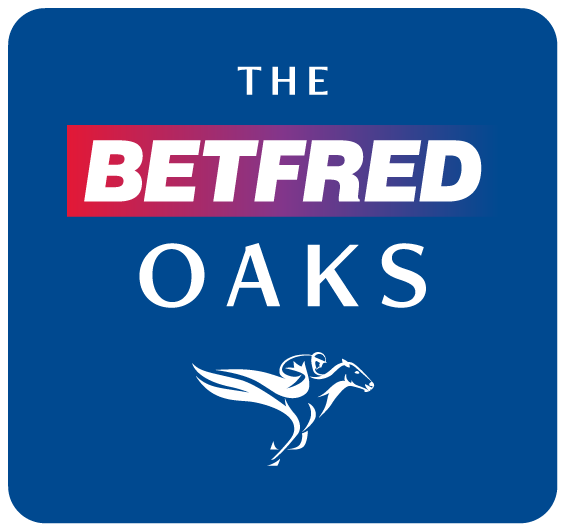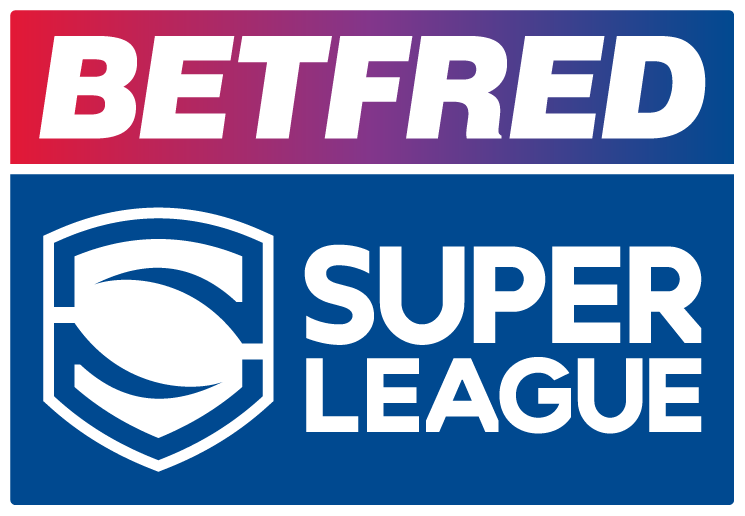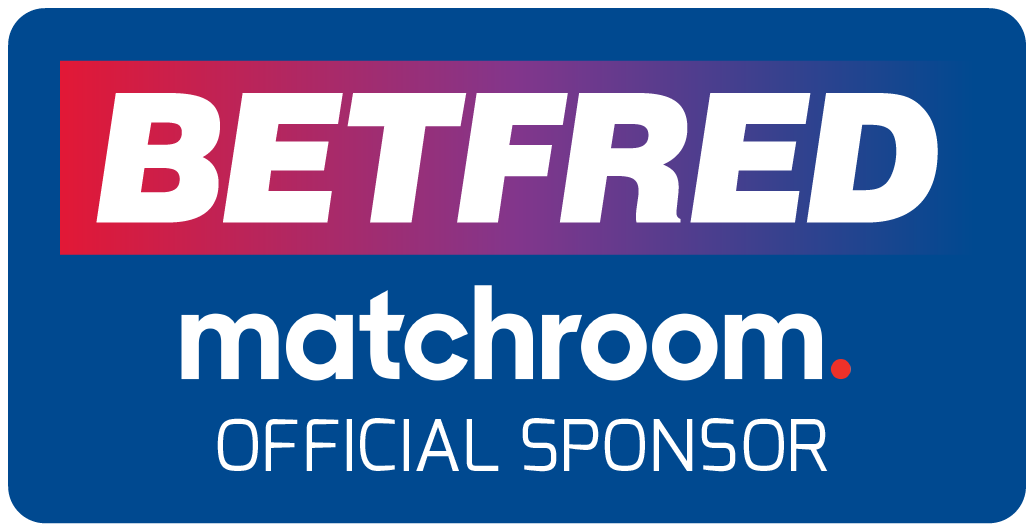How to Bet on Horse Racing Online with Betfred

Horse racing is one of the most popular sports to bet on here at Betfred, especially as we sponsor the five British Classics of flat racing which includes the Epsom Derby. There are a variety of ways in which to bet on the sport, but not everyone will be familiar.
For those of you who are new to the world of betting and are interested in horse racing, we at Betfred Insights Education have kindly put together this explainer article detailing the many ways you can bet on the sport.
Types of racing
Firstly, you must come to grips with the types of racing on offer as they are very different. There is flat racing, which is exactly what you would expect. It's racing over the course of a flat track without any obstacles. These races are measured more by speed and agility and therefore distances are shorter, varying from five furlongs to two miles and five furlongs. The biggest meetings on the level are Royal Ascot and the Betfred Derby Festival at Epsom Downs.
National Hunt, or jump racing, features races with obstacles - including hurdles and steeplechase fences - that horses must clear. Hurdles are smaller jumps designed to be leaped quickly, whereas fences are bigger and a test of power as well as jumping. As you would expect, this form of racing is done at a slower pace to flat racing and covers longer distances - between two miles and 4m2f. The biggest National Hunt meetings are undoubtedly the Cheltenham Festival and the Grand National Festival at Aintree Racecourse.
What horse racing markets can I bet on?
- To win - The most popular and simple way of betting on horse racing is by choosing a horse to win. You will only win money if your horse wins the race.
- Each-way - This method is also popular with punters, providing a layer of insurance to your bet. It involves putting two bets on at once - the horse to win and the horse to place. If the horse places, you will receive a fraction of the 'to win' odds which vary per race. For this reason, people will often pick outsider horses at longer odds to increase value. Races vary for how many places are being paid out by Betfred. We offer promotions on certain races in which we pay out on Extra Places or Super Extra Places.
- Forecast - In this form of betting, you select two horses from a race to finish in the top two. Straight forecasts must be in the correct order, while reverse forecasts can be in any order.
- Tricast - The same as a forecast but instead you're picking three horses.
- Ante-Post - This form of betting involves placing a bet in advance of final declarations, which takes place 48 hours before a race. Some people try and get their bets on before the day of the race so that they can get more favourable odds.
- Insurance - This market adds a bit of security to your bet. It means that if your horse places in the race, you will receive your stake back in cash. Of course, this means the odds will be shorter than the regular market at a cost of having that insurance.
- Place only - Instead of picking a horse to win, you are just choosing it to place - and once again the odds on offer are shorter.
- Accumulator - This involves putting multiple horses from different races into a single bet. This is done to increase the odds and therefore the rewards. For straight win accas, you need all selected horses to win - and for each-way accas, you need all to at least place to get a return.
- Lucky 15 - A Lucky 15 bet is simply 15 bets across four different selections. The bets are: four single bets, six doubles, four trebles, and one four-fold accumulator. As single bets are included, one winning selection can be enough to earn a payout.
What to consider when betting on horse racing?
- Age - A horse running at age six, for example, will tend to have the youthful advantage when up against one aged nine or above. Sometimes we see it go the other way, with age and experience trumping youth.
- Weight - This is where physics come into play. Generally, if carrying a lesser amount of weight a horse is more likely to complete the race.
- Form - This is of course very important to consider as if a horse has a recent record full of wins or places, they are likely to run a good race again. However, if they were recently well-beaten or even pulled-up (failed to finish), they are not as appealing horses to bet on.
- Distance - It is always advised to check the distance of the race so that you can see how a horse has fared over that distance in the past.
- Going - The going refers to the ground, which is usually described as heavy, soft, good and firm - or a mixture, for example good to soft. More often than not, horses will be better-suited to a certain type of ground and that is well worth noting before placing a bet.
- Draw - This is exclusively for flat racing as the horses start the race in stalls. Some courses have a draw bias, with low or high stalls favoured.
- Race Class - Races are categorised from Class 6 all the way up to Group 1s (Flat) and Grade 1s (National Hunt) - the latter two being the absolute highest level. This is necessary to gauge the quality of a horse when studying its form.
- Jockeys & Trainers - For a lot of people, they will judge a horse based on its trainer and rider. For example, in National Hunt racing, some people will put their money on a Willie Mullins-trained horse which will more often than not be ridden by Paul Townend, as they are widely-regarded as the very best in the National Hunt game.
You can check out all our latest Horse Racing Odds on the market page at betfred.com
Share Article







